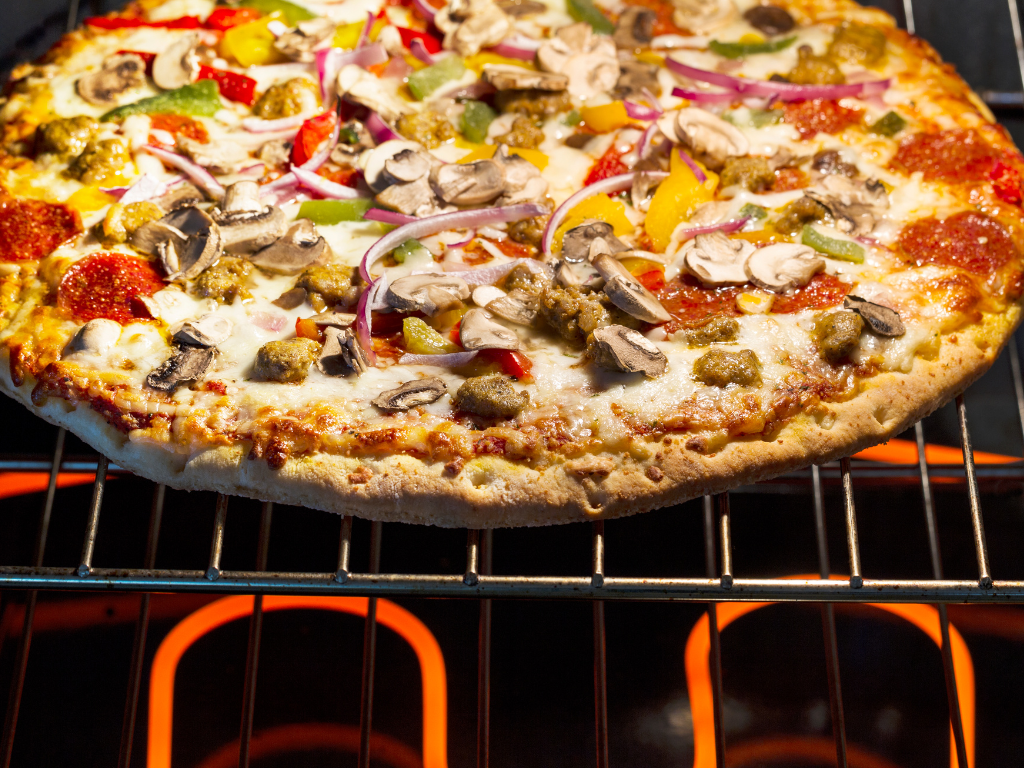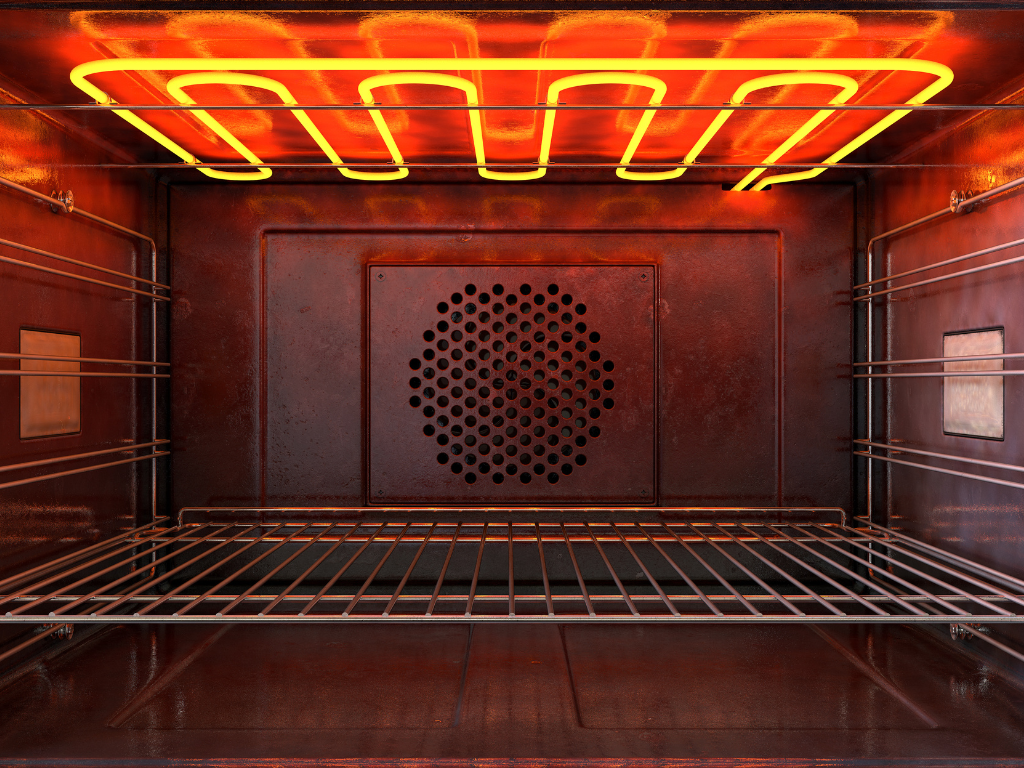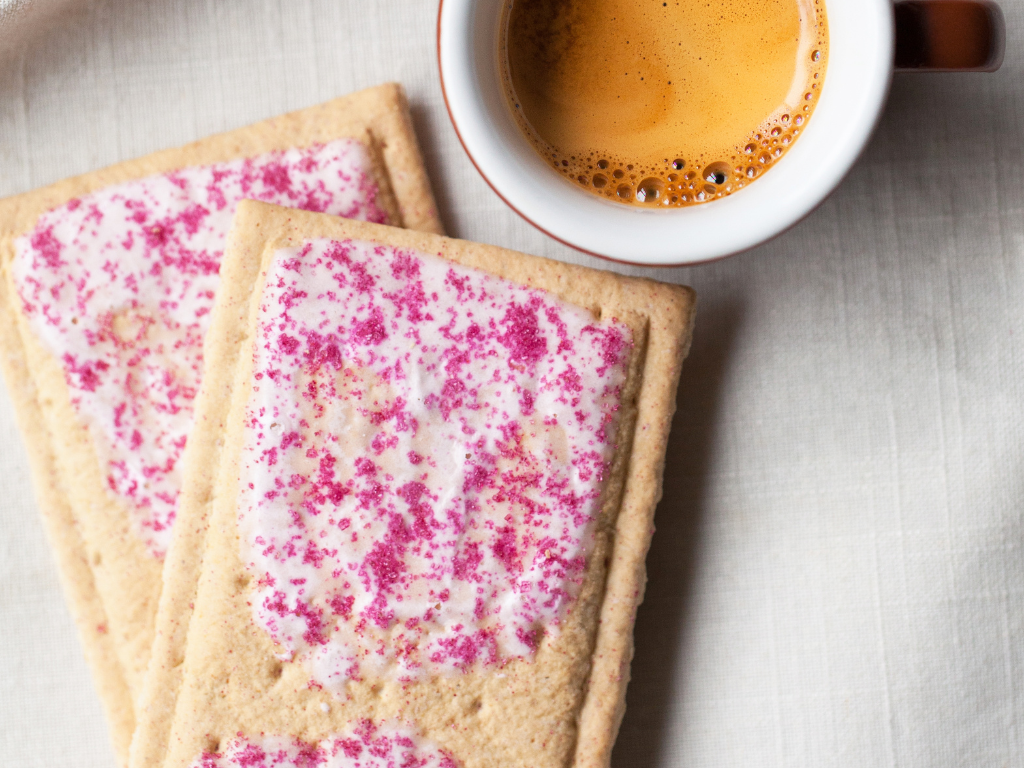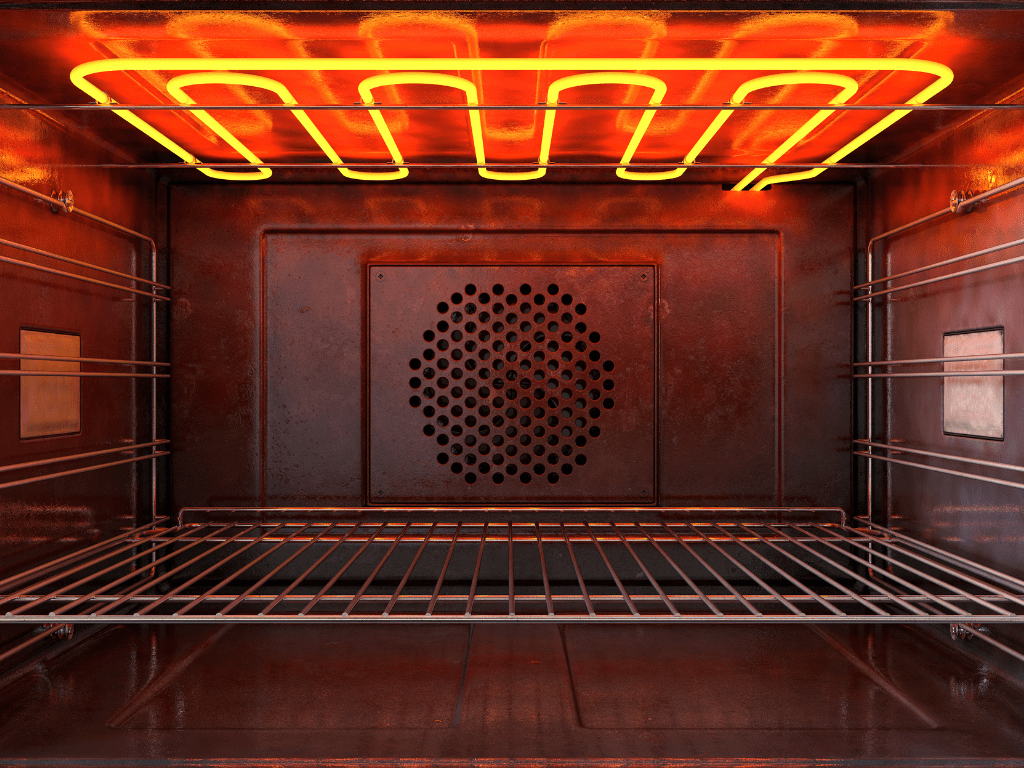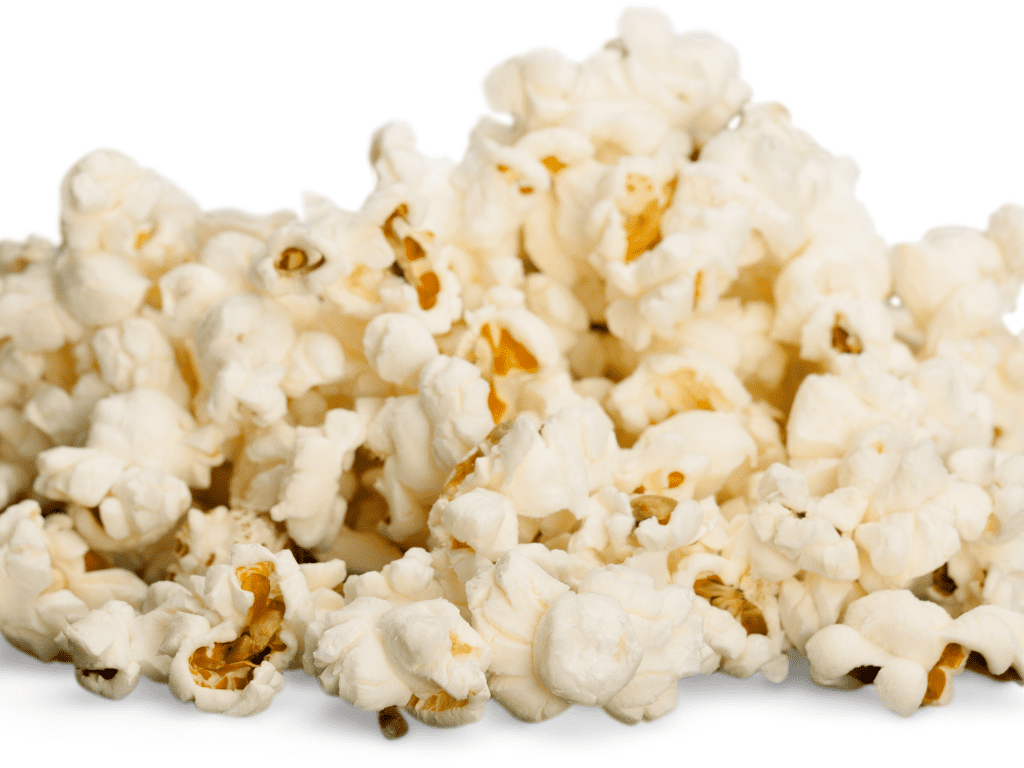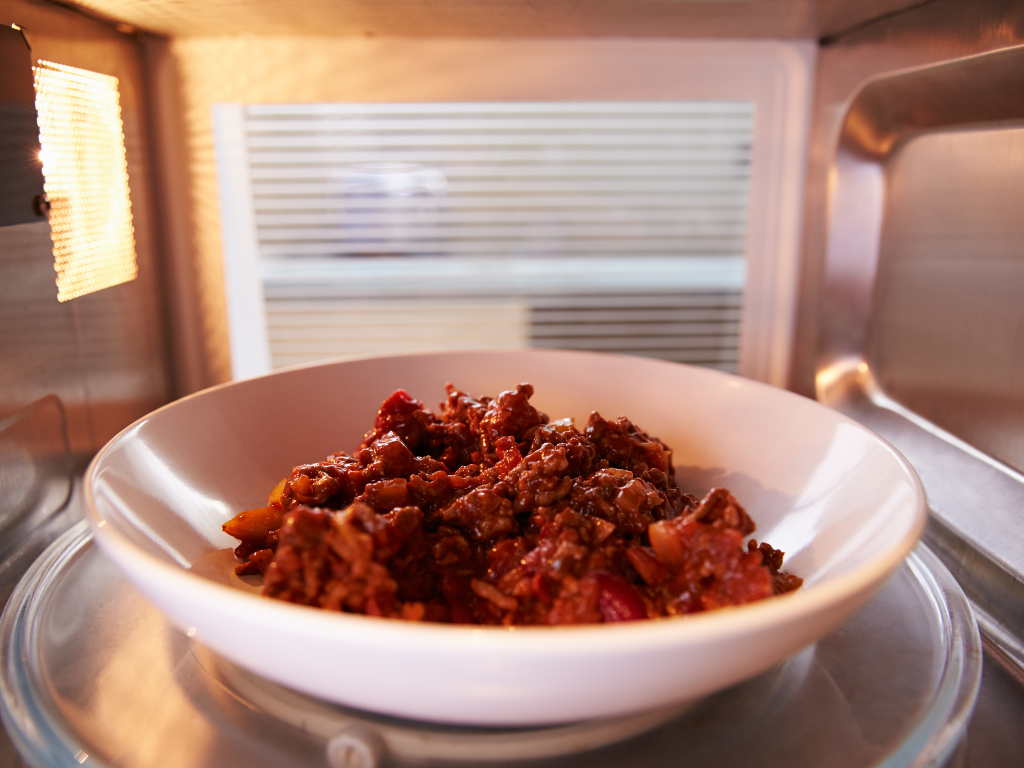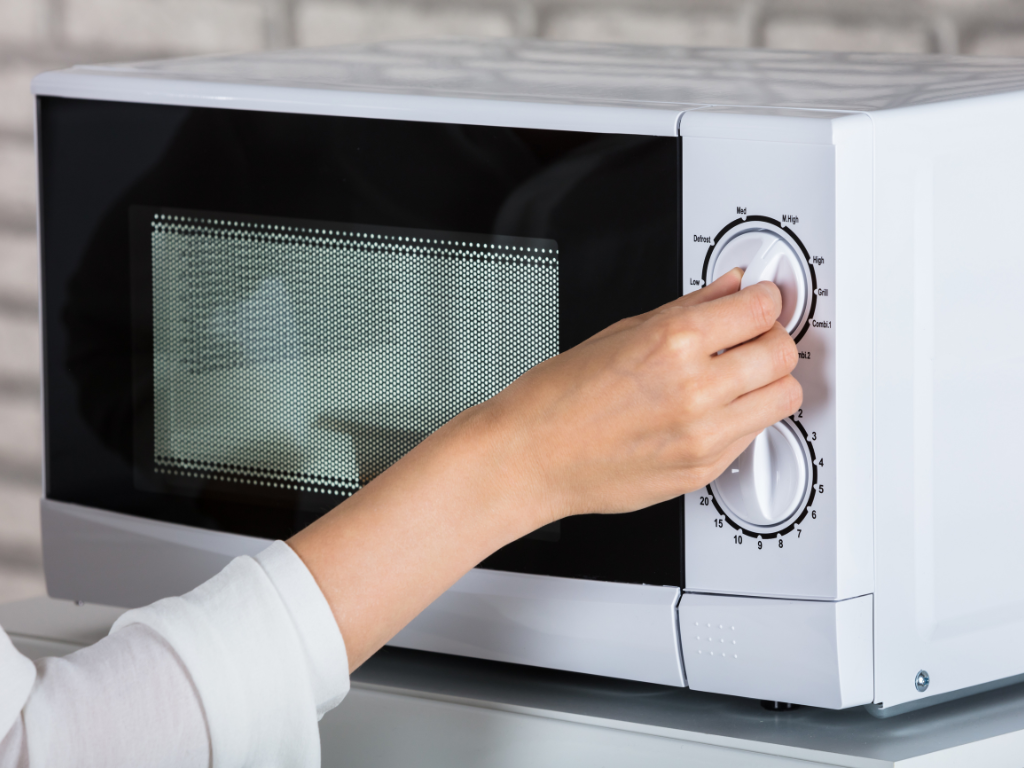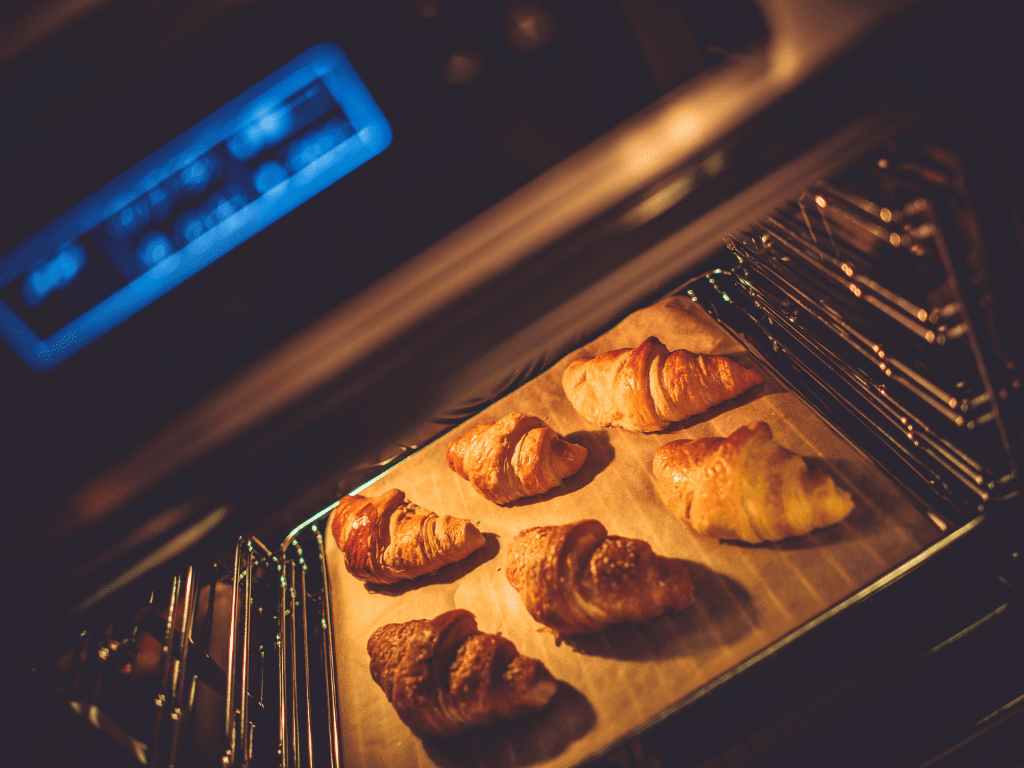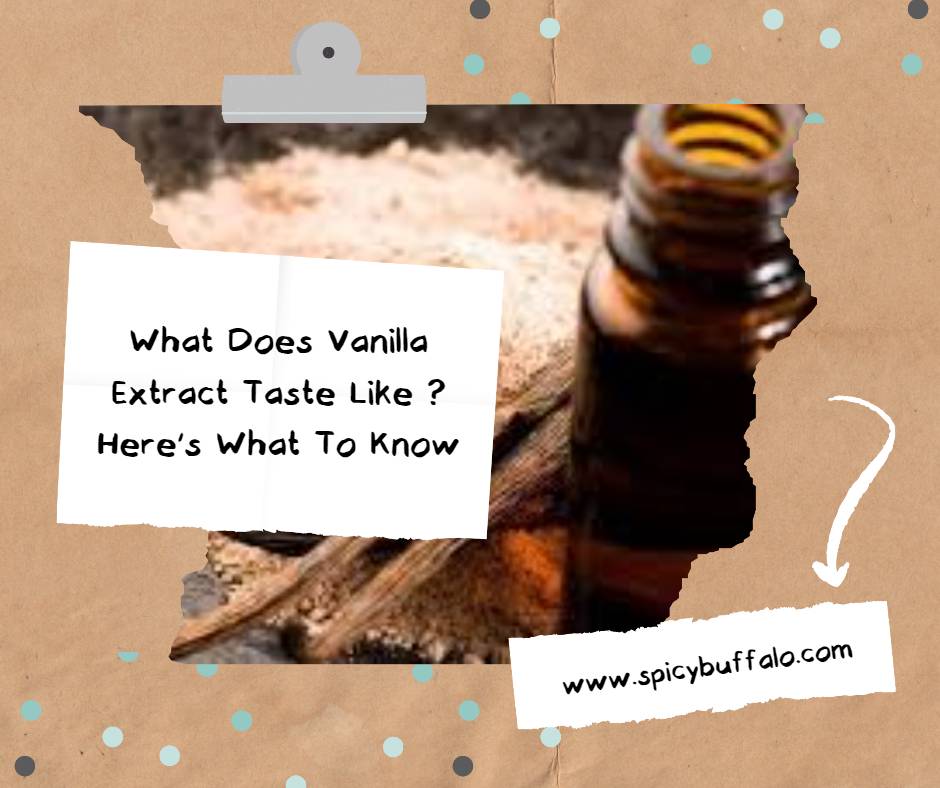
Vanilla extract is pretty much everywhere and in everything. It’s so ingrained in our everyday life we don’t even notice it’s there. Exact when it’s not there, and we notice something’s missing, but we’re not sure what. It blends in with everything and we all know what it smells like.
But what does vanilla extract taste like ? Does it taste as great as it smells ? And what’s this about beavers ? All this and more, coming right up !
Vanilla extract tastes bitter by itself, but combined with the other ingredients in the cake gives everything a balmy, floral aroma. Vanilla by itself has no discernible taste, it needs something like carbohydrates (sugars and breads) to fully develop.
Despite vanilla extract tasting bitter, it does not turn the entire cake bitter. You only need a little at a time, since this is a very powerful aroma. The bitterness will not be noticed, only the scent and overall aroma of vanilla.
Vanilla extract is bitter due to the alcohol in it. Vanilla extract is made by soaking cured vanilla pods in pure alcohol for several days at cool temperatures. The pods are dark brown, nearly black, and this translates into the final color of the vanilla extract.
Vanilla extracts that are clear and have no color are artificial extracts, but will perform just as well in as the original. This is not a rule though. You can easily find artificial vanilla extract that have been colored or have caramel coloring added.
No, vanilla extract that is meant for human consumption is not made from beavers. There is such a thing as castoreum, which is a natural secretion from castor sacs of mature beavers. It smells similar to vanilla extract, but it not the same thing.
However castoreum is mainly used in the perfume industry, and in some alcoholic drinks in Europe. It is listed by the FDA as a safe food additive, but it hasn’t really been used since the early 1900s.
Yes, pure vanilla extract may get you drunk if you drink enough of it. Pure vanilla extract has about 35% alcohol content, as much as vodka, rum, and brandy.
But it has such a prohibitive price and comes in bottles so small it’s very unlikely you will actually drink enough to get drunk. It should still be kept out of reach of small children, since they react to less alcohol than adults.
What you will find in supermarkets is artificial vanilla extract, which has a very low alcohol content (2-3%), only meant to preserve the aroma for longer.
Vanilla flavor can be made better, and more intense with the use of a bit of bourbon or rum, vanilla bean paste, coconut, or simply simmering the vanilla pods along with the beans inside.
Keep in mind that vanilla needs some sugar to bring out all its notes, so always use at least a bit of sweetener. It also benefits from a bit of fat, so butter or cream or even just milk will make vanilla stand out more.
Most of the vanilla flavor is in the tiny black seeds in the vanilla pod. So if you’re using such a pod, cut it length-wise, scrape out the tiny beans, and place them in a small glass. Add a bit of granulated sugar, and mix/rub/mash them together. This way you can extract even more flavor, and you can then use this sweet paste in whatever you’re cooking. Remember to use the outer skin of the pod too !
Sometimes you’re out of vanilla. While that doesn’t happen often, because you may have at least some vanilla extract stashed somewhere, when it does happen you’re at a loss. This is such a basic flavor that it’s difficult to go forward without it.
There are a few substitutes you can use that will mimic certain notes in vanilla, but will not give you the full experience. Still, they can be good enough to get you a passing grade. Let’s take a look.
Maple syrup
Maple syrup is sweet, balmy, and may remind you of a nutty vanilla kind of flavor. While it’s not true vanilla, it’s still a great replacement for vanilla extract if you have absolutely nothing else.
Cinnamon
Cinnamon is spicy compared to vanilla, but still offers you something to flavor the dessert. It may limit what you’re baking, or it may bring out your creative streak.
Rum extract
Rum extract is a far cry from vanilla extract, that’s true. But it’s still a very strong, perfumed kind of extract and it will work in a pinch. If you’re making something with chocolate or cocoa, rum will go wonderfully with it. Throw in a bit of coconut and you’ve got yourself a crowd pleaser !
Add extra butter
If butter is an option, definitely add a bit more. It will give your dessert a beautiful backdrop note for the others to shine upon, and you may even be forgiven for the lack of actual vanilla.
After all this, let’s take a moment to think about this extract. Can you ever skip it in a recipe ? As we can see, substituting vanilla is difficult and it does not yield the same flavor or aroma.
In our opinion, vanilla extract is crucial in every recipe it is called for. It’s there to be both a base and a high note, it’s what every other flavor stands on and without it desserts would simply be sweet and a bit flat. It’s what provides contract to so many other flavors.
One important note: if you’re cooking or baking something with a lot of flavors, skipping vanilla is not a crime. As long as you have another blanket-like flavor (say rum or hazelnut or almond) for the other flavors to contrast, it’s perfectly fine to skip it. It’s the simple, few ingredient recipes that absolutely need the vanilla when they ask for it.
If you’ve got any other food curiosities be sure to check the related articles below, we’re always adding more food facts to make your life that much easier.
Does vanilla taste bad?
There are many people who simply do not like vanilla. It’s no wonder really that there are so many people who dislike this flavor, considering it has been used in everything and anything.
Most of the time, people don’t mind vanilla at all, but they want it to be subtle and not too overpowering. This is usually the case with beginners at baking or cooking, especially when they’re making something sweet with vanilla as an ingredient. They use way too much vanilla extract and end up with the entire kitchen smelling like vanilla extract.
The truth is that this flavor can easily be overused in any food or drink. Too much vanilla extract, or too many vanilla beans, will make the entire dessert taste like vanilla and no other flavors will show themselves. When this is the case you do not have a well balanced dessert, and it may be hard to eat more than a few spoonfuls of it.
To avoid this problem, use vanilla sparingly. If you’re going for a prominent and strong flavor in your dish, then that flavor must be there in a very small amount. Otherwise it will dominate and you’ll lose all the complexity in your food.
What is vanilla flavored?
Since vanilla is such a popular flavor, it’s no surprise to find it already added to so many foods. Vanilla flavored foods are common in the United States, and it is usually used in savory dishes, such as potato chips.
Yet there are some very popular desserts that use vanilla flavoring on top of actual vanilla extract or vanilla bean. Eating too much of these treats will cause you to develop a sensitivity to this flavor, and you’ll be able to sense even the smallest amount with ease. This will of course make them less enjoyable if you don’t want your food tasting like vanilla all the time.
What is vanilla extract made out of?
A vanilla extract is made using only one thing: vanilla beans. Vanilla beans are really what give this flavor its distinct taste, and you will always find them contained in every bottle of vanilla extract.
Each bean has a different flavor that can be extracted and used in any dessert recipe. You can make your own vanilla extract out of these beans, but it is extremely labor-intensive and the end result isn’t very good compared to store bought extracts.
Vanilla is not the only flavoring that has been used in this amount. A lot of other flavors have been added to vanilla extract at some point or another, though it is still basically vanilla for the most part.
Can you get vanilla from a beaver?
This is an urban legend that has been around for a long time. People think that if you put vanilla in the water supply of a beaver, the beaver will make its own vanilla extract and you’ll have your own vanilla flavoring at your disposal.
It’s not possible for this to happen, however. Beavers are rodents that do not produce their own vanilla flavor no matter what gets put into their water supply. The flavoring is simply added to many different foods that they taste like vanilla and use it as a contrast to their own flavor.
Is pure vanilla extract alcoholic?
Pure vanilla extract is not made up of alcohol. Actually, many people are surprised that vanilla extract is not alcoholic. Other flavors on the market, such as almond or coconut, often use alcohol to give it a creamy consistency or to lock in the flavor and aroma in the bottle.
Trying to make your own vanilla extract at home will require you to add alcohol, like vodka or whiskey, because this is how you’re able to preserve it for long periods of time. Vanilla extract is not alcoholic itself so it can last on store shelves for a long time and keep its flavor integrated in each piece of food that uses it.
What tastes similar to vanilla?
There are many flavors that have a similar taste to vanilla. That does not mean that you will be able to replace it in a recipe, however. In order for that to happen, you will also need to adjust the amount used.
Vanilla is the most common flavor that people use as a substitute for real vanilla extract in baking and cooking. Other flavors usually work best instead of vanilla when they taste very similar but only have a small amount of alcohol in them. These include almond and coconut extracts, which are often replaced with a bit of bourbon or rum or even brown sugar. This is sometimes called “caramelized” or “candied” flavorings.
Does vanilla taste sweet?
Vanilla extract is actually quite sweet, but it isn’t the main source of sweetness in a dish. It usually works best as a flavor enhancer, so your dish will still be sweet without adding much vanilla at all.
This is why recipes ask you to add vanilla to your food when almost everything else has been added and mixed together already. Vanilla flavor is added after you bake or cook it so that the flavor and aroma are still balanced and not overpowering.
If you want your desserts to taste sweeter, then it’s best to stick with sugar and not add any vanilla at all.
With so many different kinds of vanilla extract on the market, it can be hard to know which one to choose. There are so many options out there that you may not even know where to start looking.
There is no reason to fear however, because the process for finding a quality extract is quite simple. You’ll want your vanilla extract to be pure with no added flavors or any other ingredients that dilute the flavor of the vanilla itself. The better your vanilla extract is, the better your desserts will taste and they will always come out as they should.

